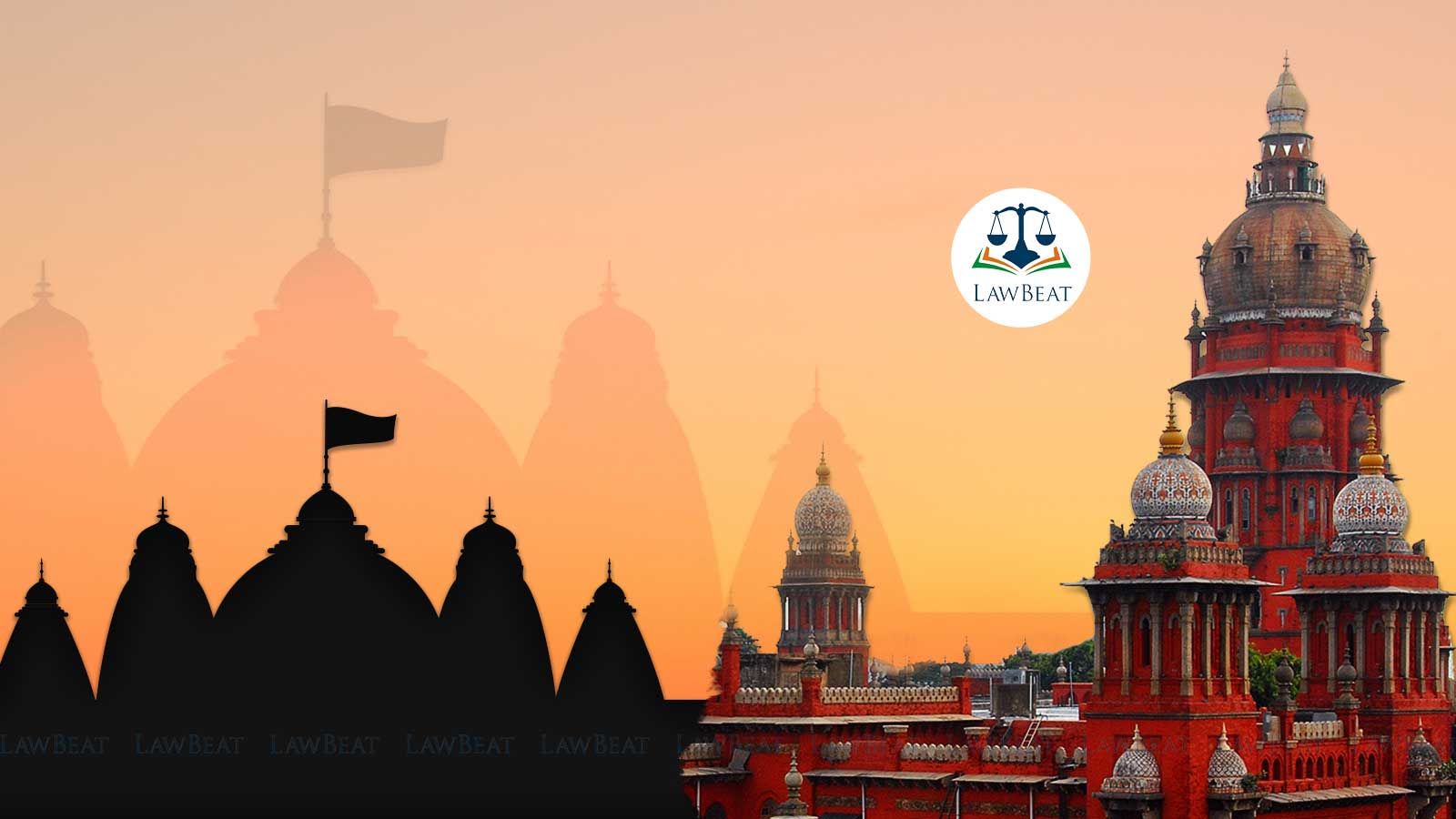‘Casteless Society Is the Goal': Madras High Court Rejects Caste-Based Trusteeship for Temple

It would be violence to the Constitution to entertain prayers on caste basis and exercise the jurisdiction under Article 226 of the Constitution of India, said the court
The Madras High Court recently dismissed a plea that sought caste-based appointments in a temple administration, emphasizing that any attempt to perpetuate caste distinctions is unconstitutional and against public policy.
Court dismissed a petition by one A. Rajendran, seeking a direction for time-bound completion of an inquiry pending since 2015 before the HRCE Department in an application regarding the administration of Arulmigu Varatharaja Perumal and Senraya Perumal Temples in Coimbatore District. The 2015 application had been filed to frame a scheme of administration by appointing Non-Hereditary Trustees among the persons from a particular caste and that too a sub-sect of a particular caste.
While dismissing the present petition and the 2015 application pending before the HRCE Department, court made strong observations against caste-based temple administration.
The bench of Justice D. Bharatha Chakravarthy said that caste is a social evil and casteless society is our constitutional goal. Citing the Supreme Court’s ruling in Ashoka Kumar Thakur v. Union of India, the judge reaffirmed that the Constitution’s ultimate objective is to eliminate caste-based discrimination and promote equality.
Court further invoked Dr. B.R. Ambedkar’s words, emphasizing that caste-based separations are anti-national as they create social rifts and undermine the principles of liberty, equality, and fraternity. Echoing Swami Vivekananda’s philosophy that the soul transcends caste distinctions, the judge stressed that temple trusteeship should be based on devotion and virtuous conduct rather than birth-based identities.
Court clarified that individuals from any caste are not barred from seeking trusteeship, provided they qualify as devoted and capable custodians of temple administration.
Therefore, court said, it would be violence to the Constitution to entertain prayers on caste basis and exercise the jurisdiction under Article 226 of the Constitution of India.
"Despite seventy-five years of our Constitution, sections of the society are yet to shed this unwanted baggage. The very operation of the Constitutional scheme is frustrated, and the caste system leads to the perversion of the goals and values of the society. Thus, any prayer made which is in the nature of or which has the effect of perpetuation of caste will not only be unconstitutional but would be opposed to public policy. The time has come for this Court to emphatically declare so," said the bench while dismissing the pleas.
However, it clarified that disposal of the present petition will not, in any manner, disentitle particular individuals from claiming trusteeship as being the devotees.
Case Title: A.RAJENDRAN VS. THE JOINT COMMISSIONER HINDU RELIGIOUS AND CHARITABLE ENDOWMENT DEPARTMENT
